
A Look Back at the Hyperdimension Neptunia Series on PlayStation Handhelds - Article
by Adam Cartwright , posted on 16 December 2018 / 6,698 ViewsConsole wars have been around pretty much since the dawn of videogames, but the Hyperdimension Neptunia series makes light of these arguments by personifying consoles and their manufacturers as cute goddesses and has them battle it out for supremacy. It proved to be a sleeper hit for publisher Compile Heart, who after an initially shaky start with the first entry transformed the series into its most compelling franchise.
Thanks to its strong relationship with Sony, Hyperdimension Neptunia was born on the PS3 and quickly found its way to PS4 and Vita, filling out both console's libraries with a solid set of turn-based JRPGs. Oddly this wasn’t a series that ever made its way to PSP – its handheld debut was on Vita and it seems to now be transitioning over to Switch, but it’s undeniable that Vita provided a fantastic home for the franchise while it lasted, with multiple entries selling out in Japan.
A New type of Hardware, a New Type of Neptunia
As previously discussed, the Hyperdimension Neptunia series never made an appearance on the PSP - likely due to first entry debuting very late in its life - which meant that all eyes were on Vita for its handheld debut.
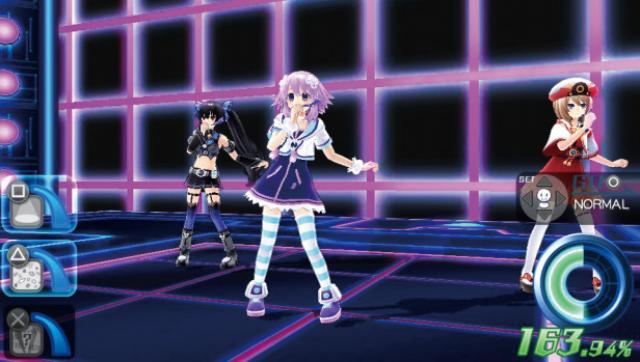
Hyperdimension Neptunia: Producing Perfection was a new type of title for the series. Shifting away from the RPG-focus of earlier games, it instead allowed you to raise the goddesses to take part in concerts, similar to the Idolm@ster series. It was a strange way to bring the franchise to handhelds as it relied heavily on pre-existing knowledge of the characters to work, but it seems this didn’t stop Japanese gamers, who bought nearly 30k copies in its first week, rivalling the sales of the mainline entries on PS3.
Sadly, reviews weren’t as solid. When the game came west in 2014 courtesy of NISA it received a bit of a critical beating for its repetitive gameplay and lack of content. Still, thanks to its strong commercial performance in Japan, Compile Heart very much had eyes on the Vita for future releases and this would turn out to be an excellent choice, taking the series to new heights domestically.
Remakes and New Experiments
It’s interesting to note that, before it released, Compile Heart was incredibly wary of the Vita and unsure whether it would support it. That was until Soul Sacrifice, which convinced the company to give it a shot. By the end of 2013 there was no doubt this strategy had paid off hugely, as nearly every game the company had released on the handheld had been a big success, including a further Neptunia title.
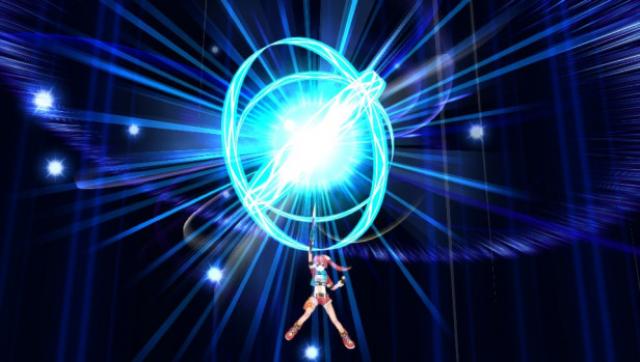
This was a ground-up remake of the very first game, given new quality-of-life improvements from later instalments to make it far more playable than the original, which had been universally disliked. Hyperdimension Neptunia Re;birth 1 released in Japan in October of 2013 and went on to sell more than 60k copies in the region, making it one of the most successful titles in the franchise as well as one of the company's best-selling releases on Vita.
It proved to be so successful that Compile Heart quickly followed it up in 2014 with ports of the second and third entries, renamed Hyperdimension Neptunia Re;birth 2: Sisters Generation and Hyperdimension Neptunia Re;birth 3: V Century respectively, both of which landed in Japan by the end of the year. Rather than being the full remakes that Re;birth 1 had been, these were simple ports with a couple of extra elements. This disappointed fans but sales were still solid – 2 sold 42k domestically, while 3 shifted 40k copies.
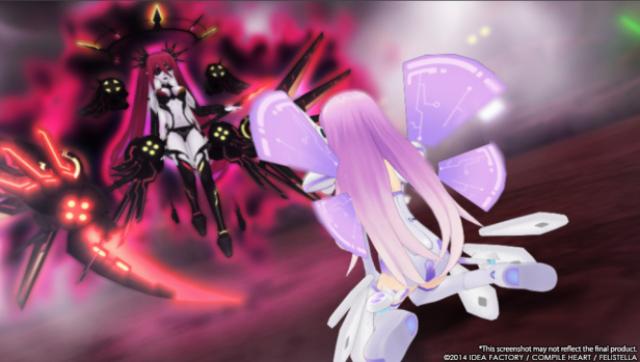
2014 would be a busy year for Compile Heart as the company also established an overseas subsidiary, named Idea Factory International, which took on localizing Re;birth 1 as its second project. It continued to establish the IP in the west thanks to solid reviews (I was a big fan), and despite some negative press (due to a limited edition that sold out in a matter of seconds) it seemed like a big success, as Idea Factory International would go on to release the second and third entries in quick succession during 2015.
However, remakes of older titles weren’t all the publisher had planned for Neptunia on Vita; it continued to take the series in interesting new directions, just as it had done with Producing Perfection. The first of these landed in early 2014 – Hyperdevotion Noire: Goddess Black Heart was a turn-based strategy RPG by developer Sting (known for its work on series such as Baroque and Gungnir) and it provided an entry-level experience to the genre, focussing on the Sony personification Noire.
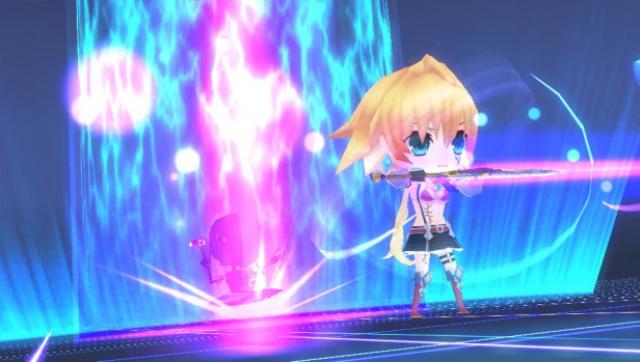
Although it had its fair share of problems, ranging from the self-insert protagonist to the fairly easy difficulty, it still offered a compelling experience with plenty of content and some interesting new characters, based on franchises such as Final Fantasy and Metal Gear Solid. It also proved to be a consistent seller in Japan too, shifting 42k copies, which put it right in line with Re;birth 2 and 3.
The next genre the series would tackle was action, specifically musou-esque brawling with Hyperdimension Neptunia U: Action Unleashed, which released in late 2014 in Japan. Developed by Tamsoft, of Senran Kagura fame, it turned out to be a heavy copy of that game, featuring clothes-ripping mechanics and more over-the-top special attacks than you could shake a stick at. Still, consumers turned out in droves to buy it – it eventually sold 47k in Japan and a western release quickly followed, although I personally wasn’t the biggest fan.
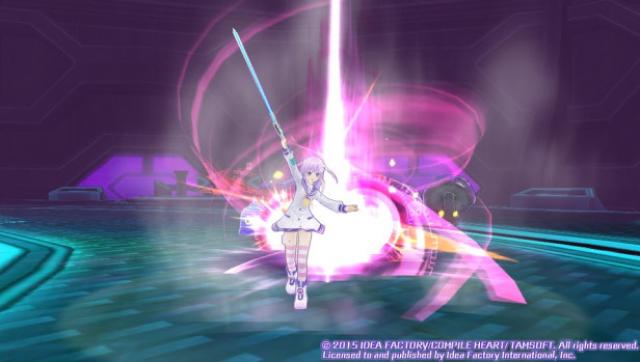
Between 2013 and 2015, Hyperdimension Neptunia arguably became Vita’s flagship franchise, tackling a variety of genres and seeing a huge number of releases. This would continue into 2016, although sadly after that the franchise would slowly start transitioning to being PS4-only and eventually multi-platform, without Vita included.
Reskins and Shifting Focus
Compile Heart is known as a company that heavily re-uses assets between titles, and it seems this was part of its long-term plans on Vita as well – to use the foundations already built to make new games. It was a strategy that worked well enough, although it led to diminishing sales as fatigue inevitably set in.
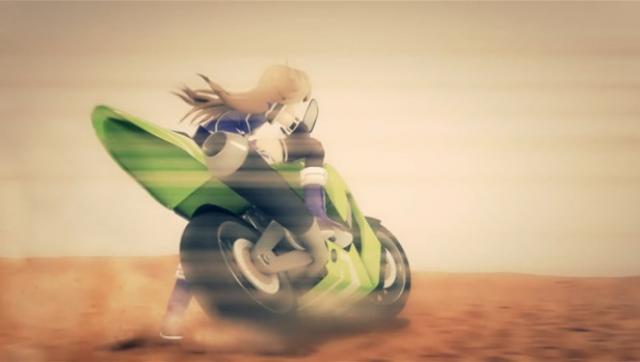
The main culprit of this was Superdimension Neptune vs. SEGA Hard Girls, which released in Japan in November of 2015. It was exactly the same kind of JRPG as the Re;birth titles, which in turn had been very similar to each other, and it seemed that despite the addition of SEGA’s own cast of personified games consoles it wasn’t enough to stave off familiarity. The game sold 26k copies in Japan, which would make it the lowest-selling Neptunia title on Vita, although it still quickly found its way west in 2016 where it reviewed pretty well (I found it to be an interesting evolution of the established formula).
The series also took another stab at the brawler genre after Hyperdimension Neptunia U‘s success, with Megatagmension Blanc & Neptune vs. Zombie Army. Once again developed by Tamsoft, the game shifted the setting to a high school and introduced co-op mechanics in an attempt to appeal to the Monster Hunter crowd in Japan, although it retained the same basic engine, gameplay elements, and enemies as before. Reviews were less solid than its predecessor and it sold less too, although it still shifted a respectable 31k in Japan.
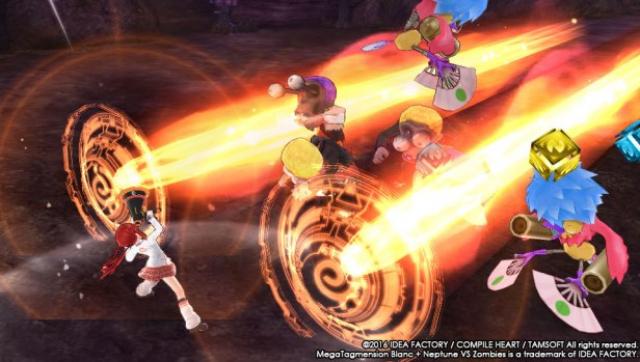
Beyond this, Compile Heart had one last release in the works – a free-to-play collectible card game named Nepu Nepu Connect: Chaos Chanpuru, which (after a number of delays) eventually launched in Japan in 2017. Taking the base gameplay created for Compile Heart’s 2013 title Monster Monpiece, the game mixed characters from a number of the publishers' franchise in one place, with a big focus on the Neptunia cast. Perhaps owing to its f2p nature it never found its way westward, making it the only entry in the series not to do this, and sadly the servers went down in August of this year, meaning it’s no longer accessible even to importers.
Future Hyperdimension Neptunia Games on Vita
With the release of Cyberdimension Neptunia: 4 Goddesses Online as a PS4-only game in 2017 (developed by Tamsoft), it seemed pretty clear that Compile Heart’s love affair with the franchise and Vita was coming to a close. This was re-affirmed with the announcement of Super Neptune RPG for PS4 and Nintendo Switch, which is due for release in 2019.
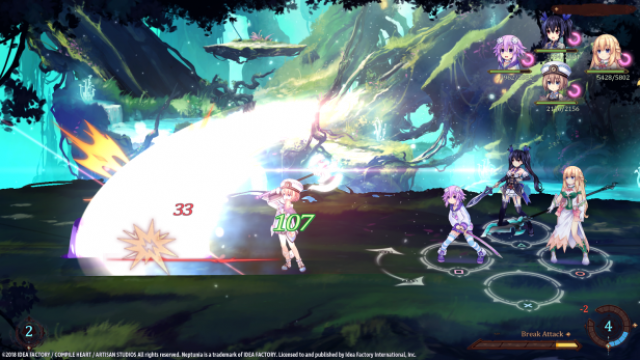
It marks the first appearance of a Neptunia game on a Nintendo console and seems to be a pretty obvious ‘pass the baton’ moment from one handheld to another, which is nice to see but still a shame as a Vita fan, since Sony’s handheld is undoubtedly capable of running the game.
It's also worth noting that Compile Heart's western branch - Idea Factory International - has found significant success from selling its titles on Steam, where Steamspy numbers indicated the early entries were selling in the hundreds of thousands, so it's likely that the future of the Neptunia titles lies on Valve's platform too.
Conclusion
When it launched on PS3 in 2010, Hyperdimension Neptunia failed to make a splash, thanks to its clunky gameplay, although many complimented its unique and quirky premise. Years later, Compile Heart crafted it into its premier franchise in both Japan and the west by vastly improving the quality of the gameplay. Vita undoubtedly contributed to the IP’s subsequent rise, thanks to a solid set of remakes and spin-offs which sold surprisingly well domestically, appealing both to existing fans and a new audience alike.
It’s commendable just what a variety of genres are available here too – few franchises have mixed so many different types of gameplay within a series, ranging from action-brawlers to turn-based strategy to idol management, all of which offer something unique and memorable in the Vita’s library.
While it is a shame that its support of Sony’s handheld tapered off a little sooner than it perhaps should have done, there are precious few franchises I can think of that had such a solid level of representation on the console. They undoubtedly set an early precedent for the type of niche otaku software which helped define the later years of Vita’s life and for that I’m incredibly grateful, let alone the fact that the games themselves are pretty enjoyable too!








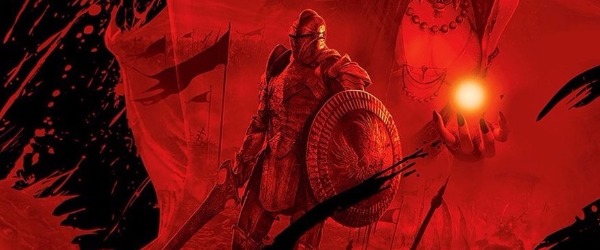

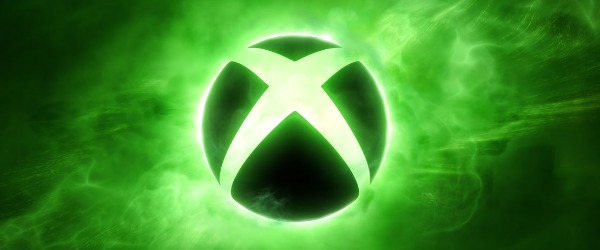











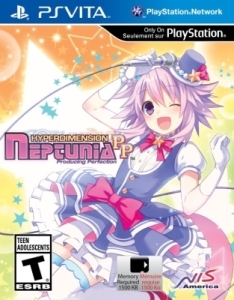

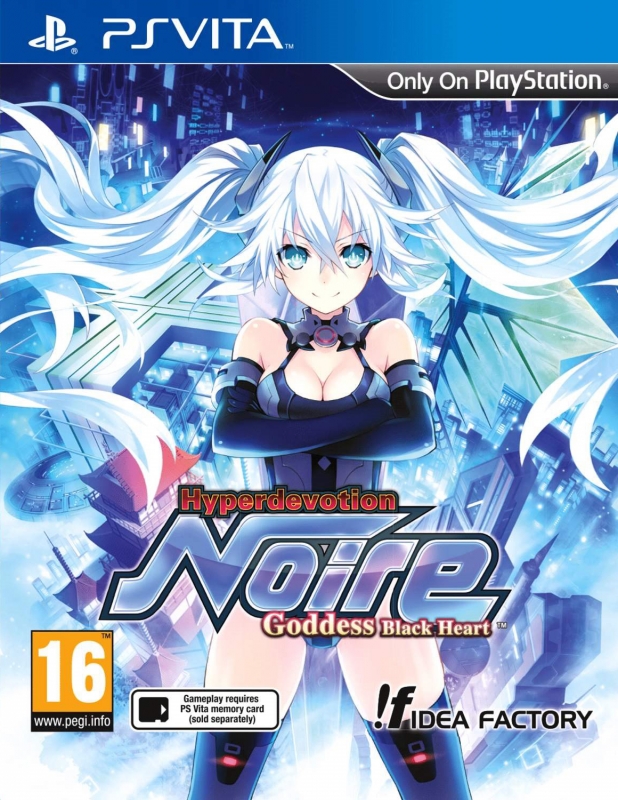
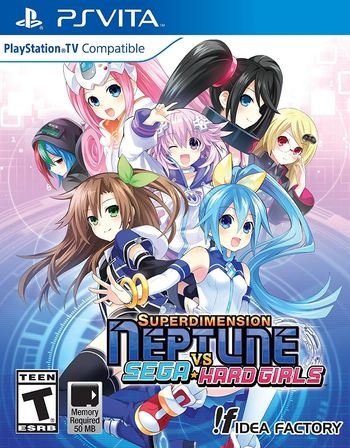
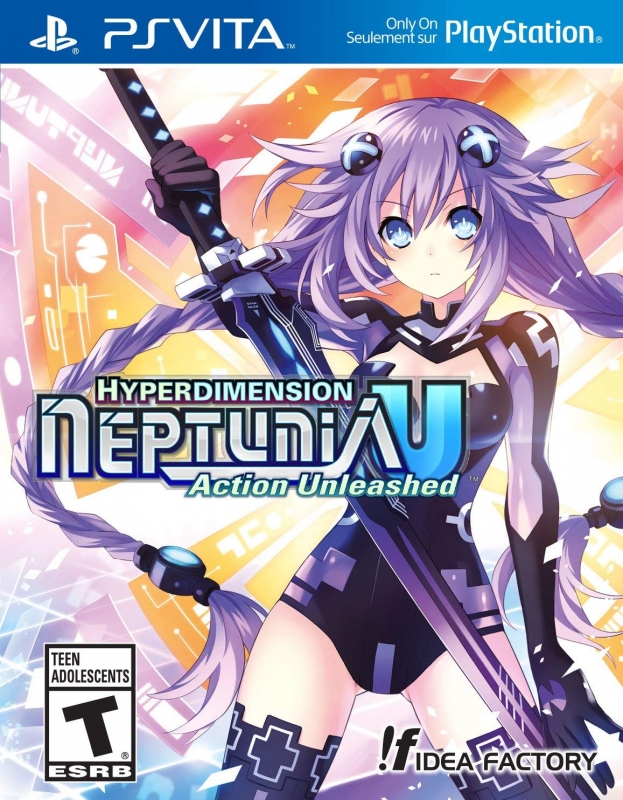
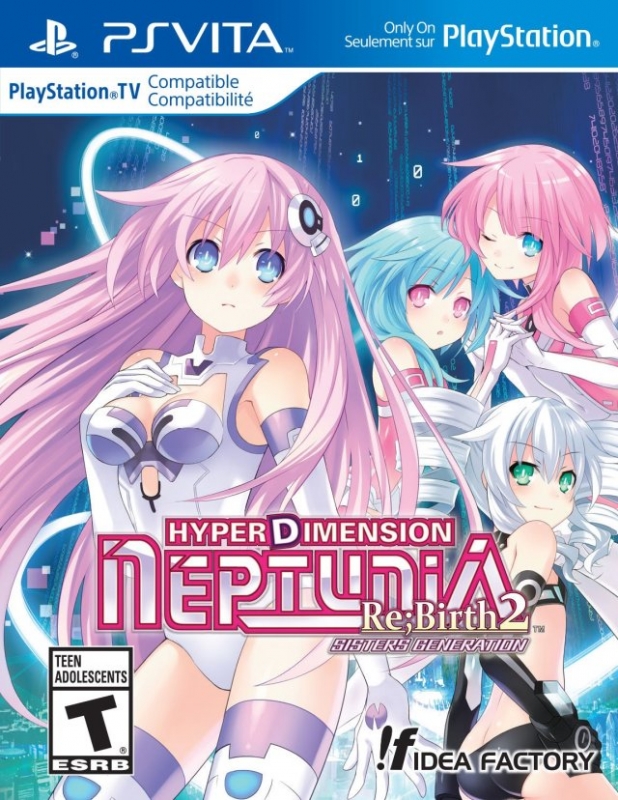
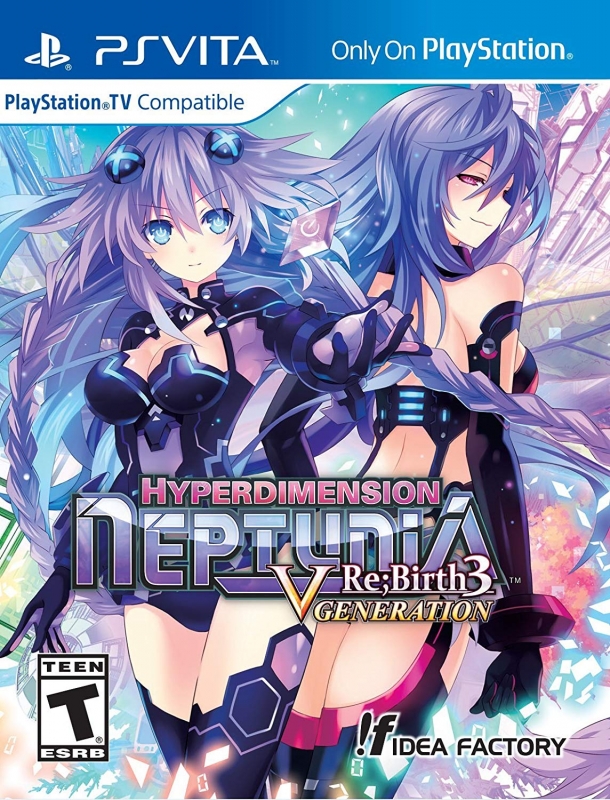
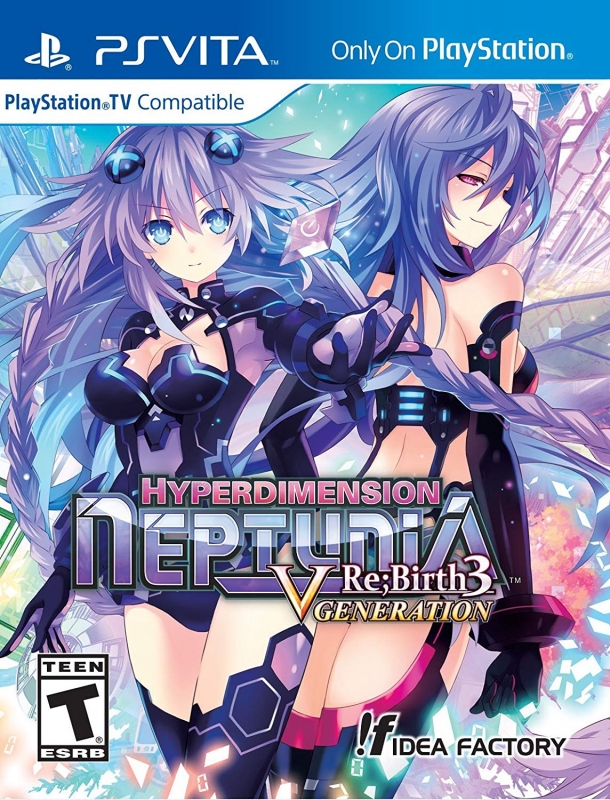
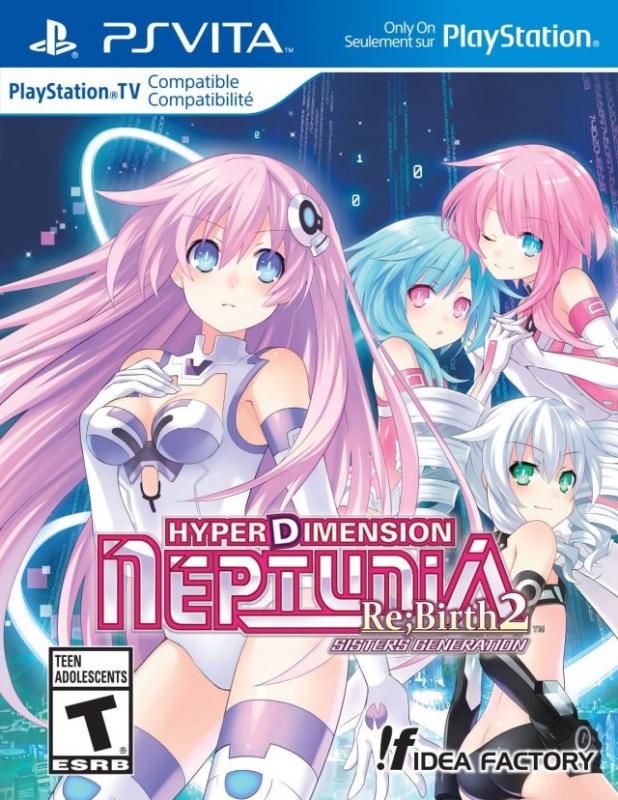
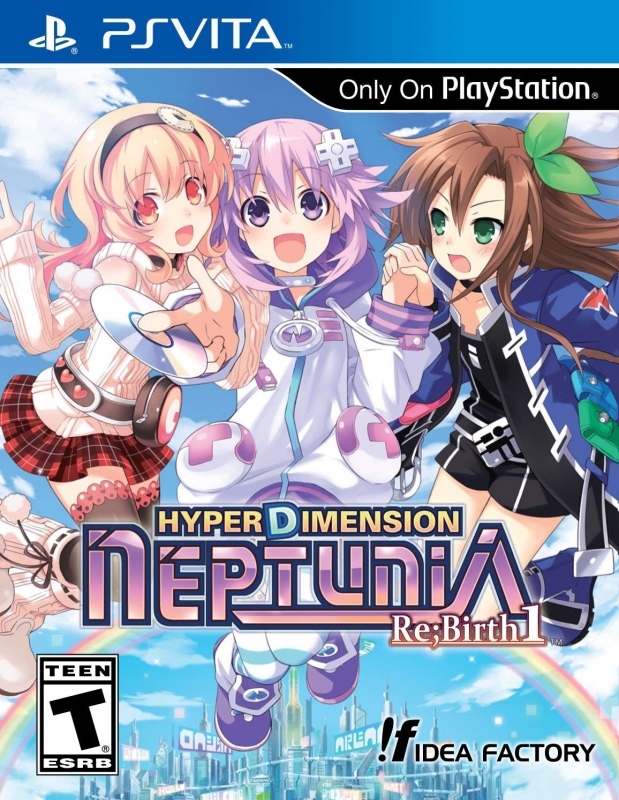
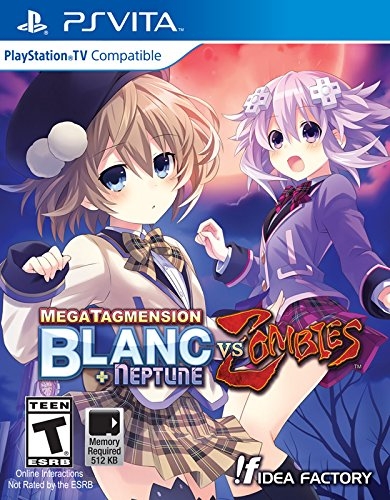
 Essay Pro
Essay Pro